14 GPTs for Continuous Deployment Powered by AI for Free of 2026
AI GPTs for Continuous Deployment are advanced tools based on Generative Pre-trained Transformers technology, designed to automate and enhance the software deployment process. These tools leverage AI to analyze, test, and deploy software code in a seamless, efficient manner. By integrating with Continuous Deployment pipelines, they provide real-time feedback, predictive analytics, and intelligent recommendations to improve deployment strategies. Their role is crucial in modern DevOps practices, enabling faster release cycles, reducing manual errors, and ensuring high-quality software delivery.
Top 10 GPTs for Continuous Deployment are: DevOps GPT,Docker and Docker Swarm Assistant,DevOps Squad,Agile & DevOps Guide,Ansible Architect,Bitbucket Pipeline Builder,CI/CD Integration Mastermind,Kubernetes,Serverless Framework Agent,Infrastructure as Code Advisor
DevOps GPT
Elevating DevOps with AI-driven insights
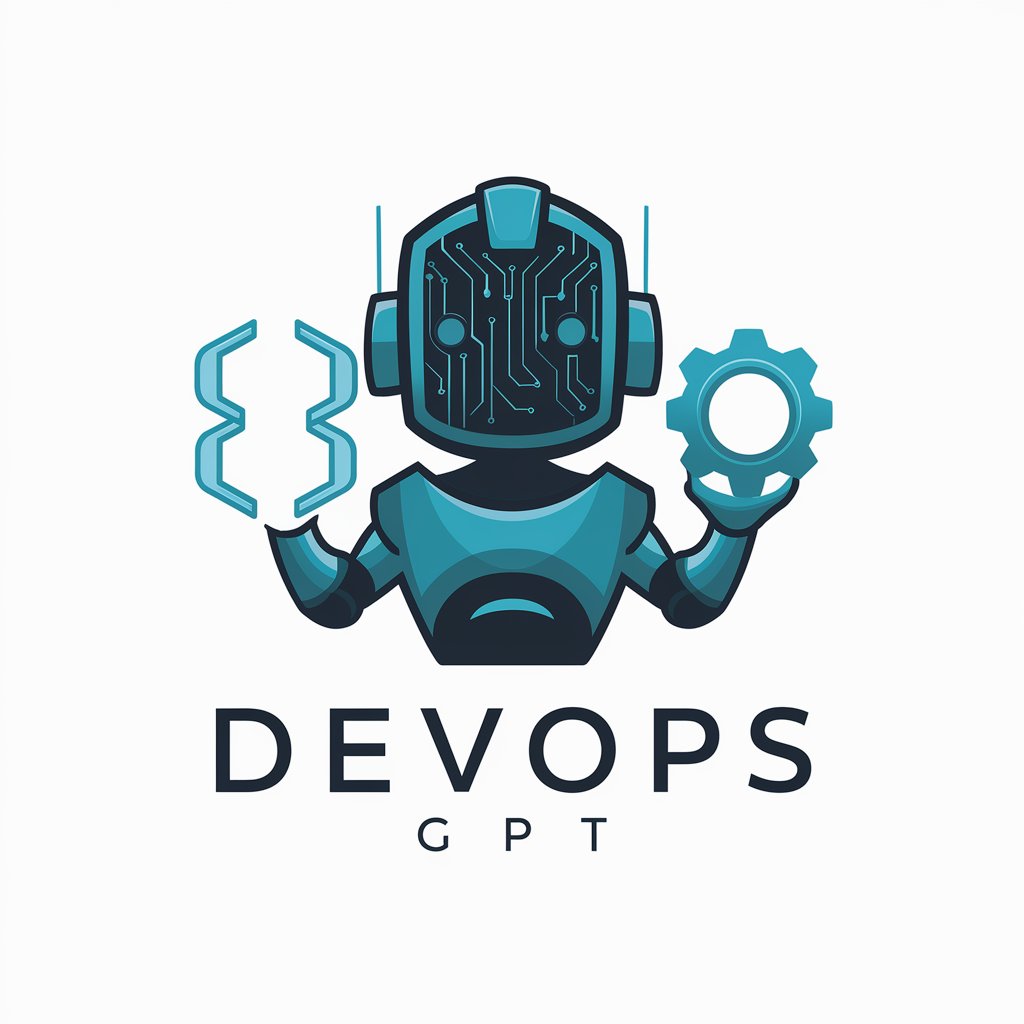
Docker and Docker Swarm Assistant
Streamline Deployment with AI-Powered Docker Swarm
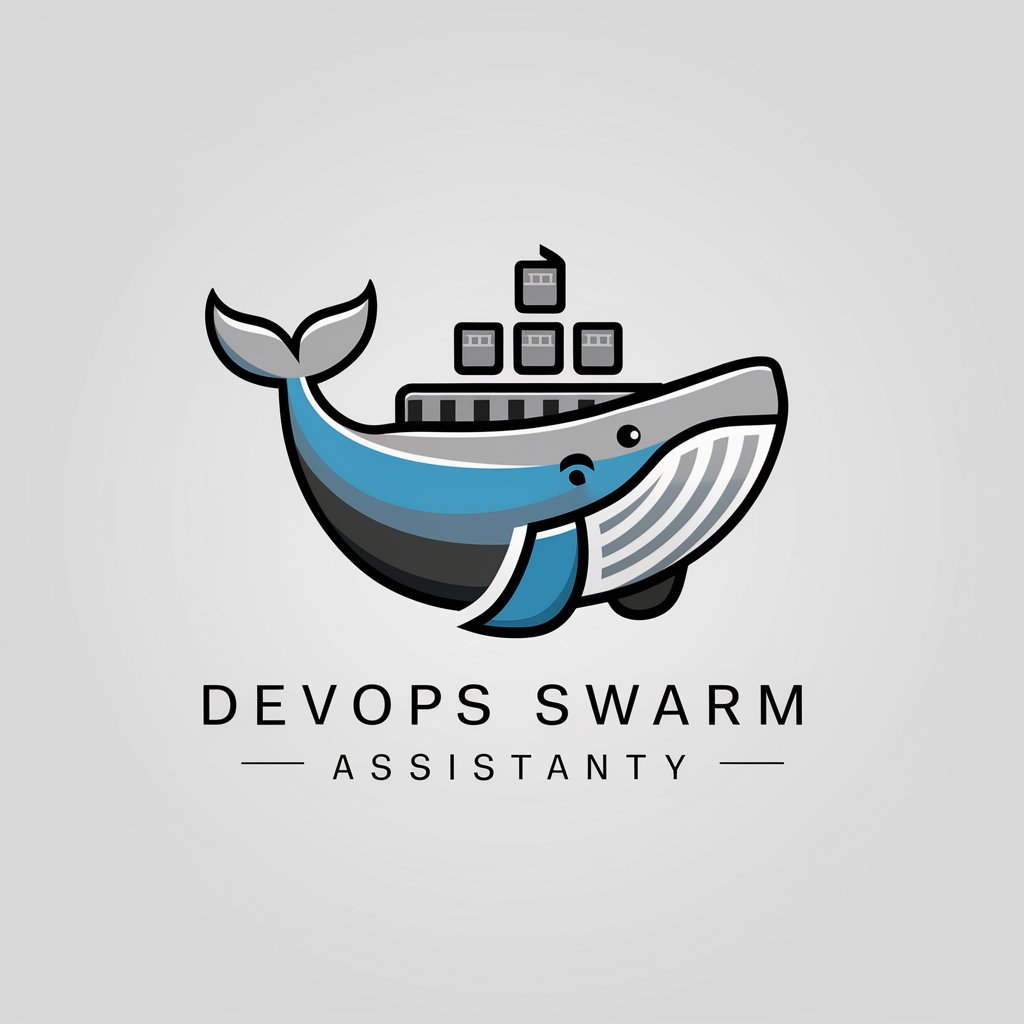
DevOps Squad
Streamline DevOps with AI-powered automation.
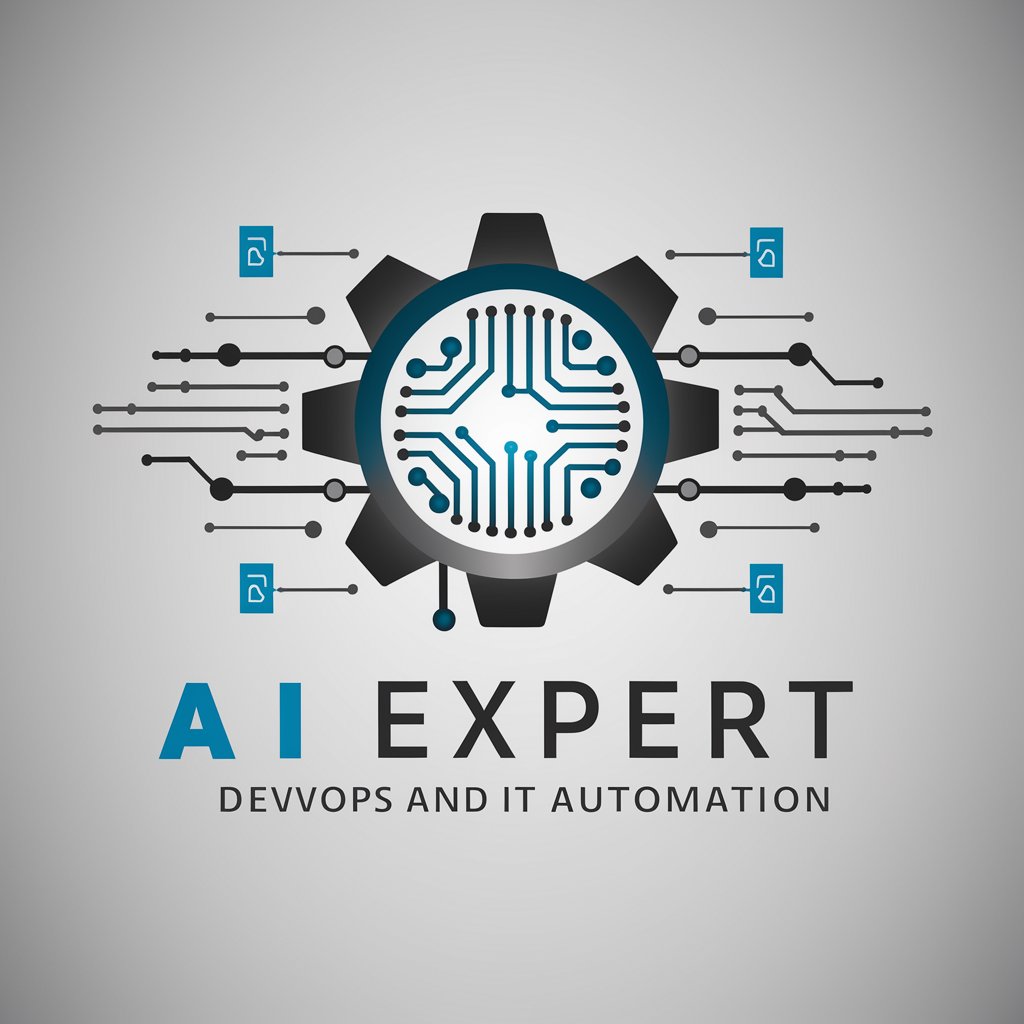
Agile & DevOps Guide
Empowering Agile & DevOps Practices with AI
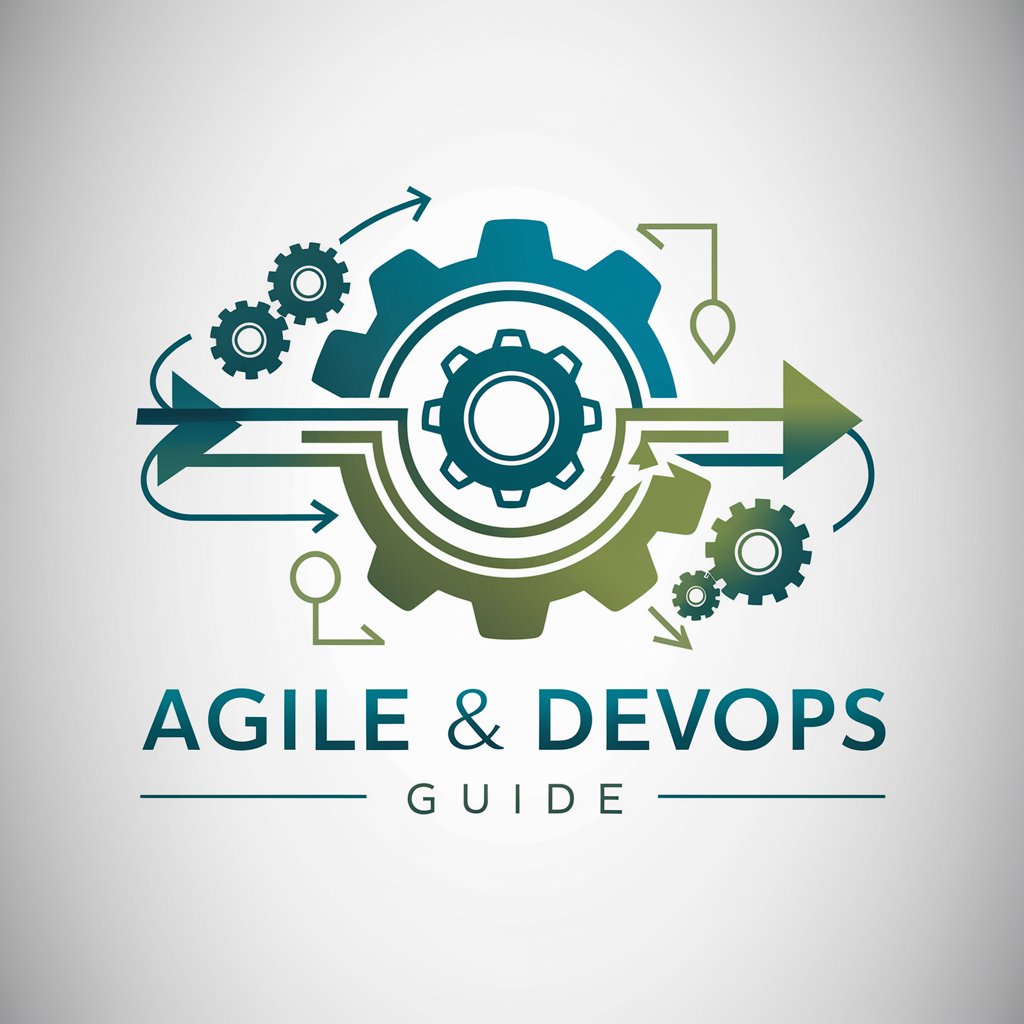
Ansible Architect
Optimize Ansible, power your automation

Bitbucket Pipeline Builder
Streamline CI/CD with AI-powered automation.
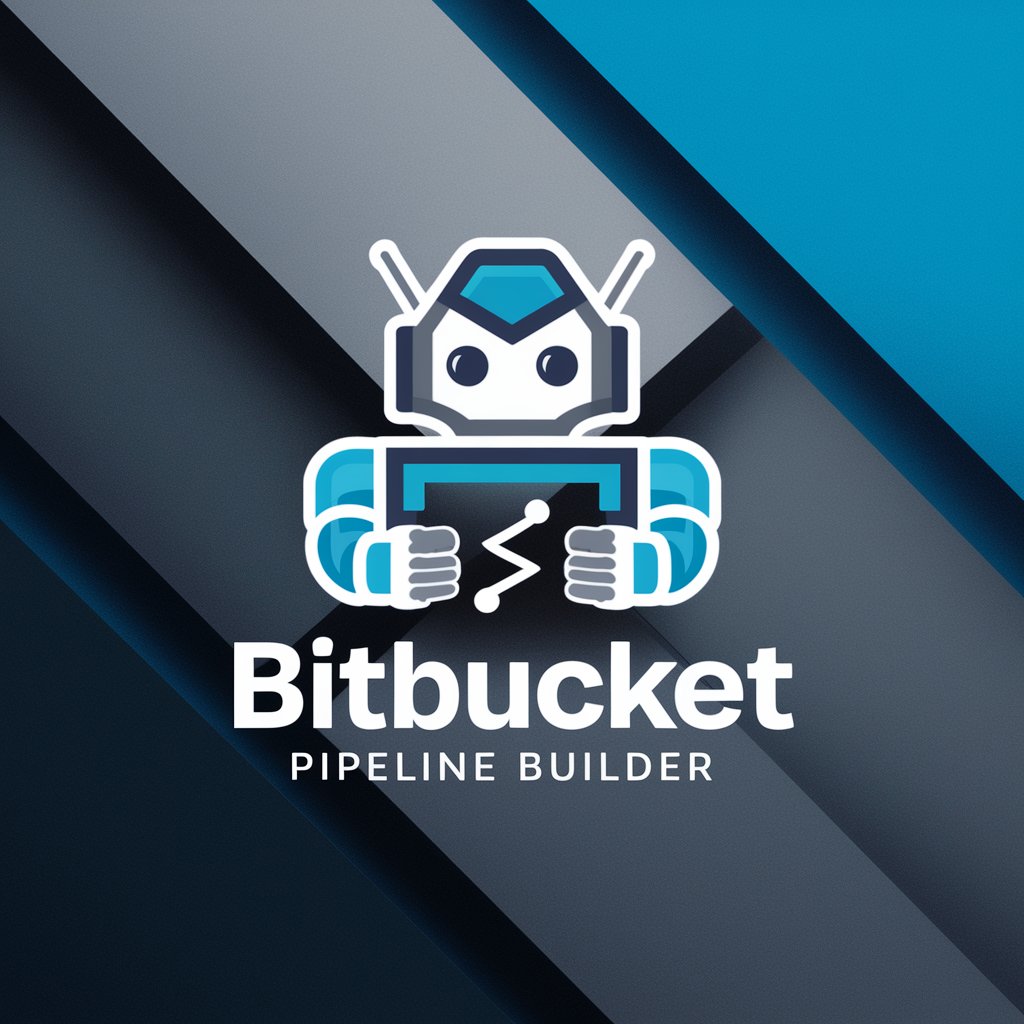
CI/CD Integration Mastermind
Automating your deployment, effortlessly.
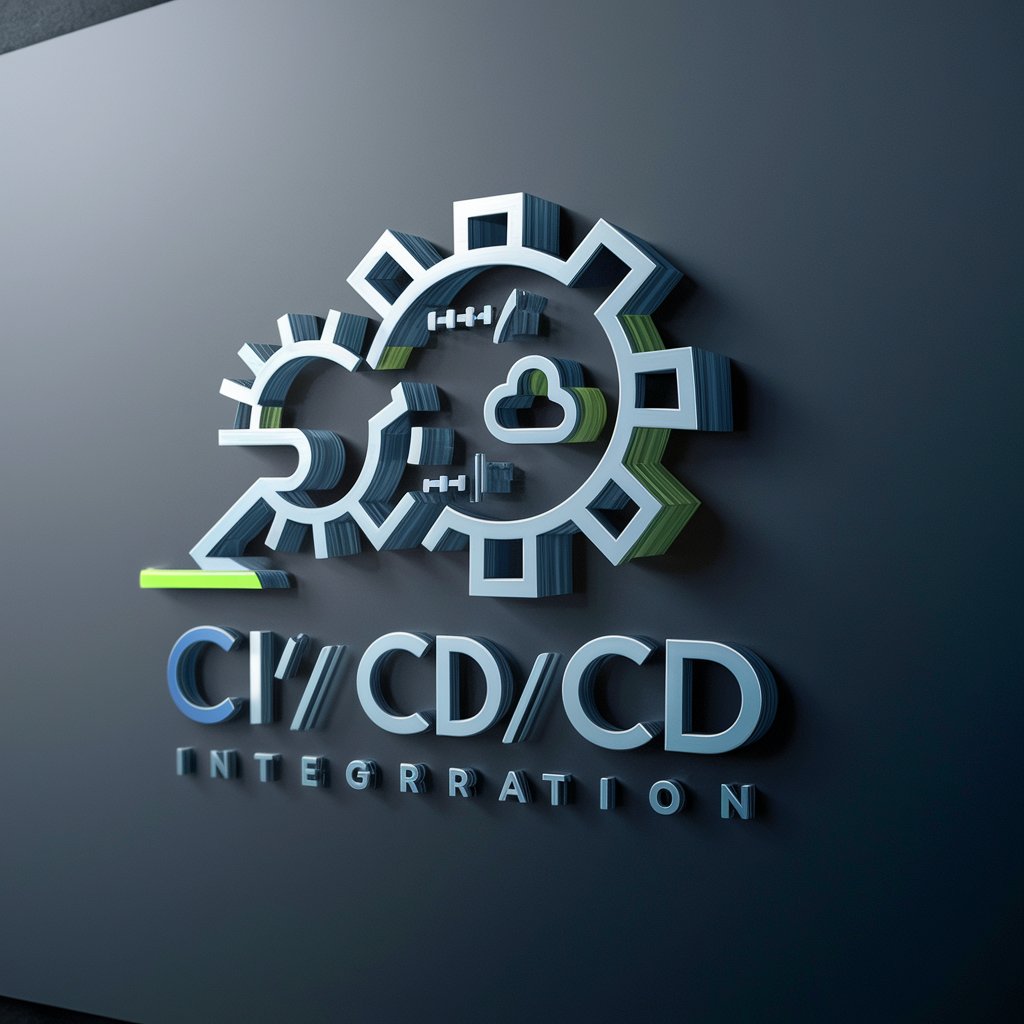
Kubernetes
Empower your containers with AI-driven Kubernetes guidance.
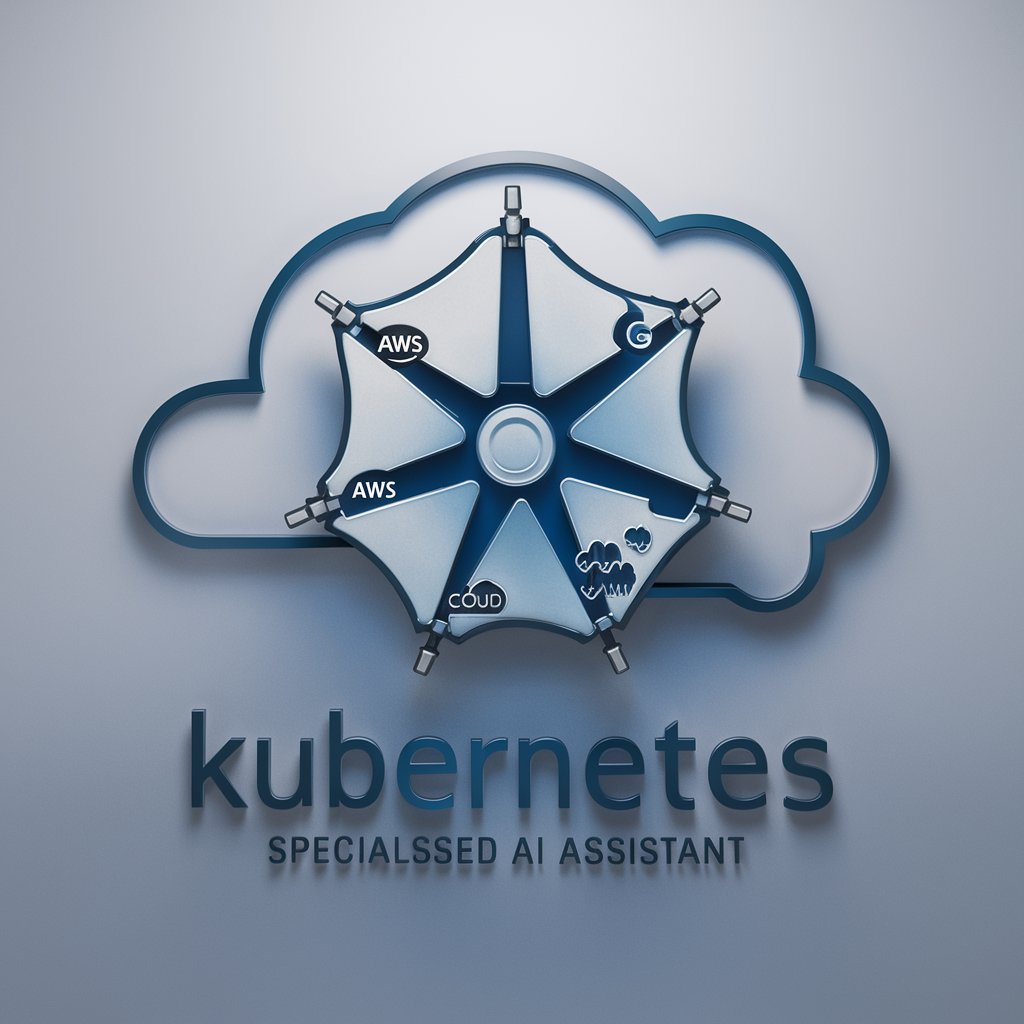
Serverless Framework Agent
Empowering serverless innovation with AI.
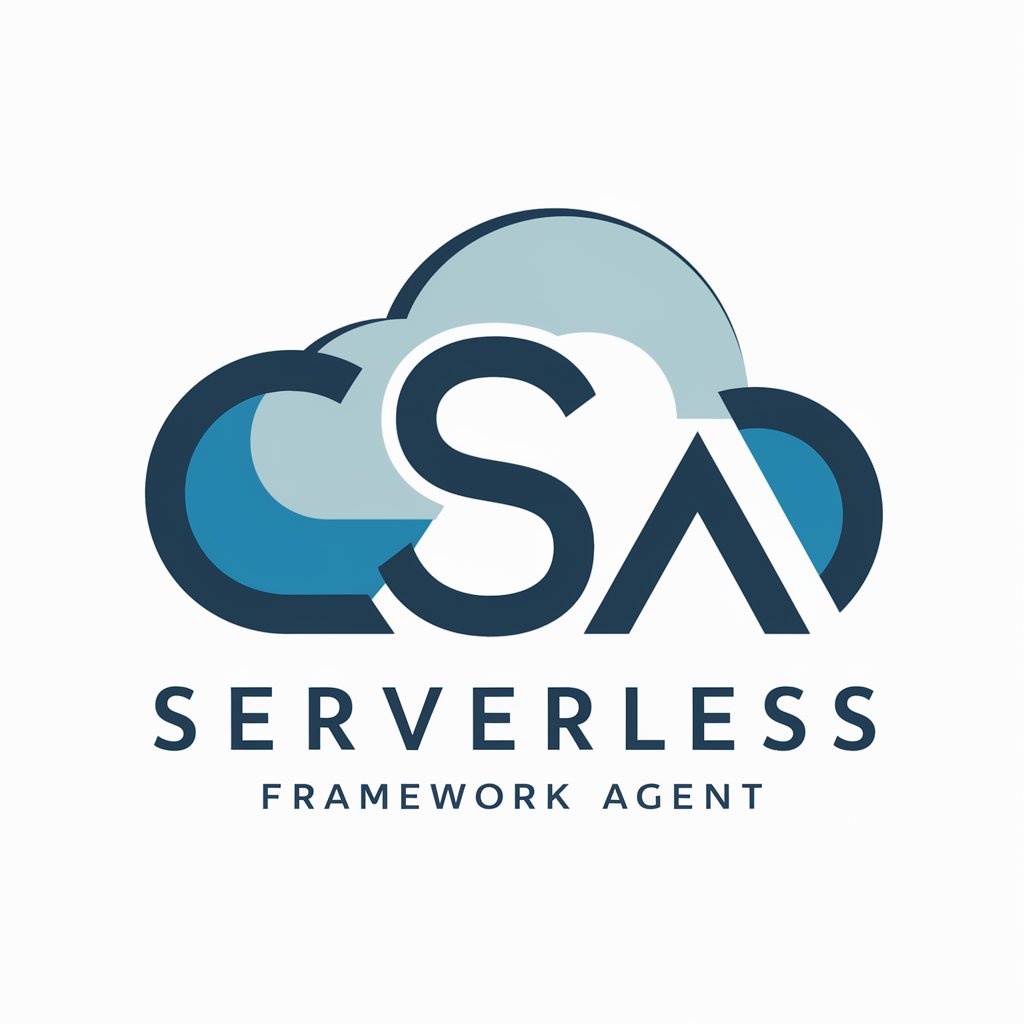
Infrastructure as Code Advisor
Automate infrastructure with AI-driven insights
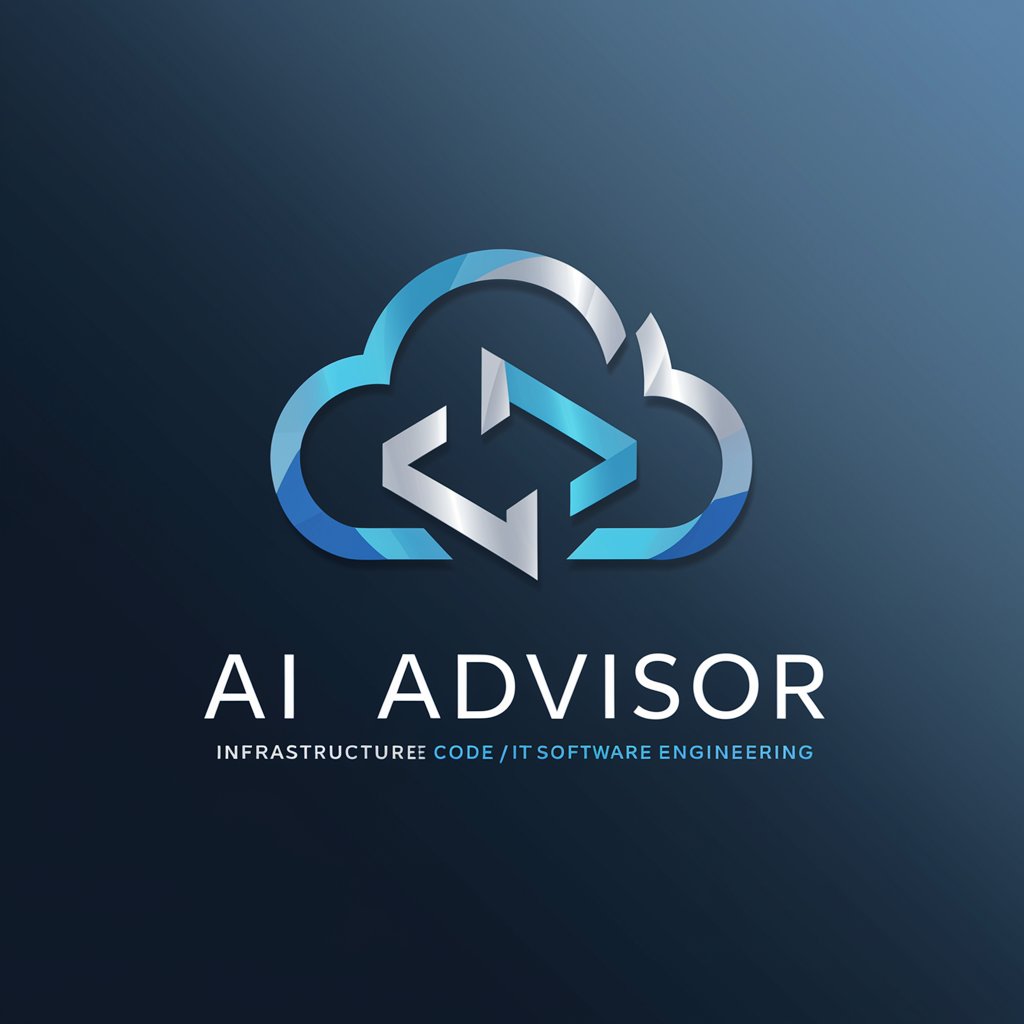
Infrastructure as Code Advisor
Empowering infrastructure automation with AI

Infrastructure as Code Creator for Cloud Computing
Automate cloud infrastructure with AI
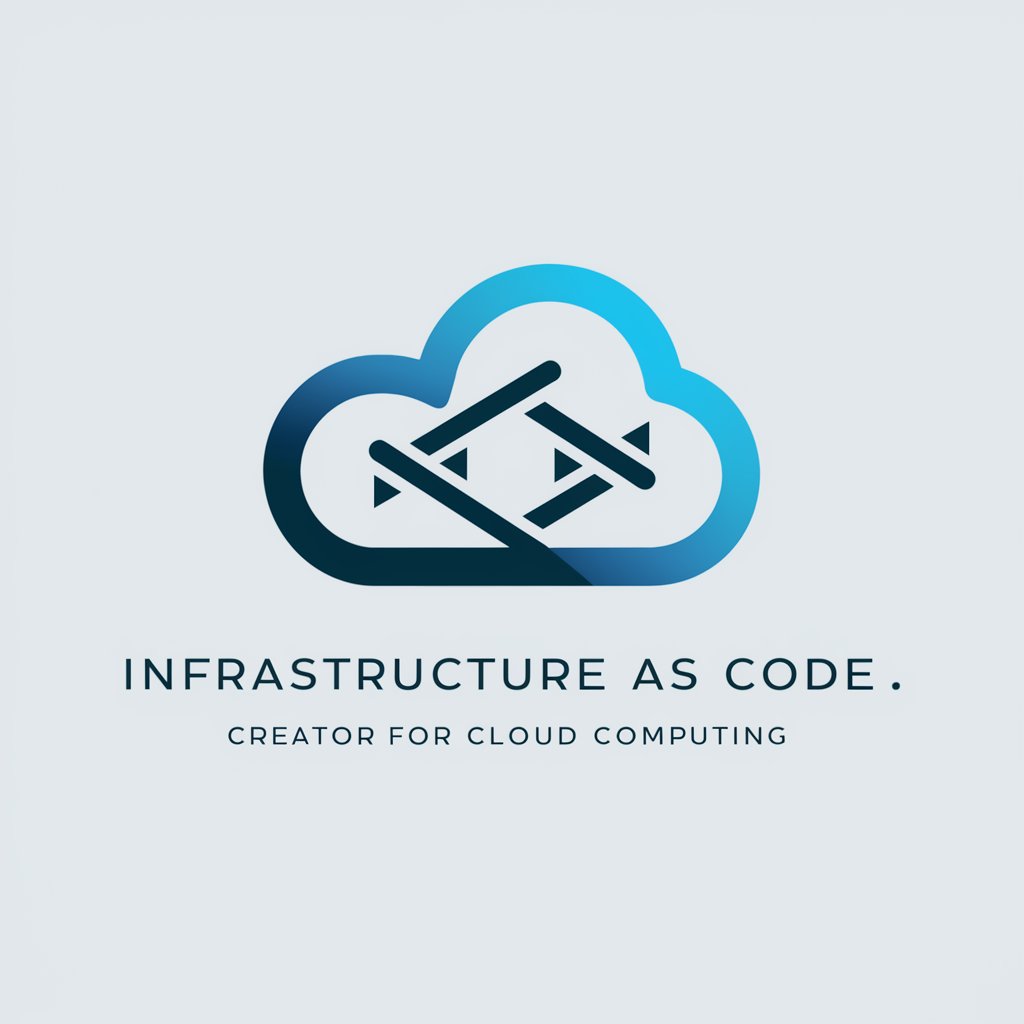
C# SaaS Development: Crafting the Future
Empower your SaaS with AI-driven C# development.
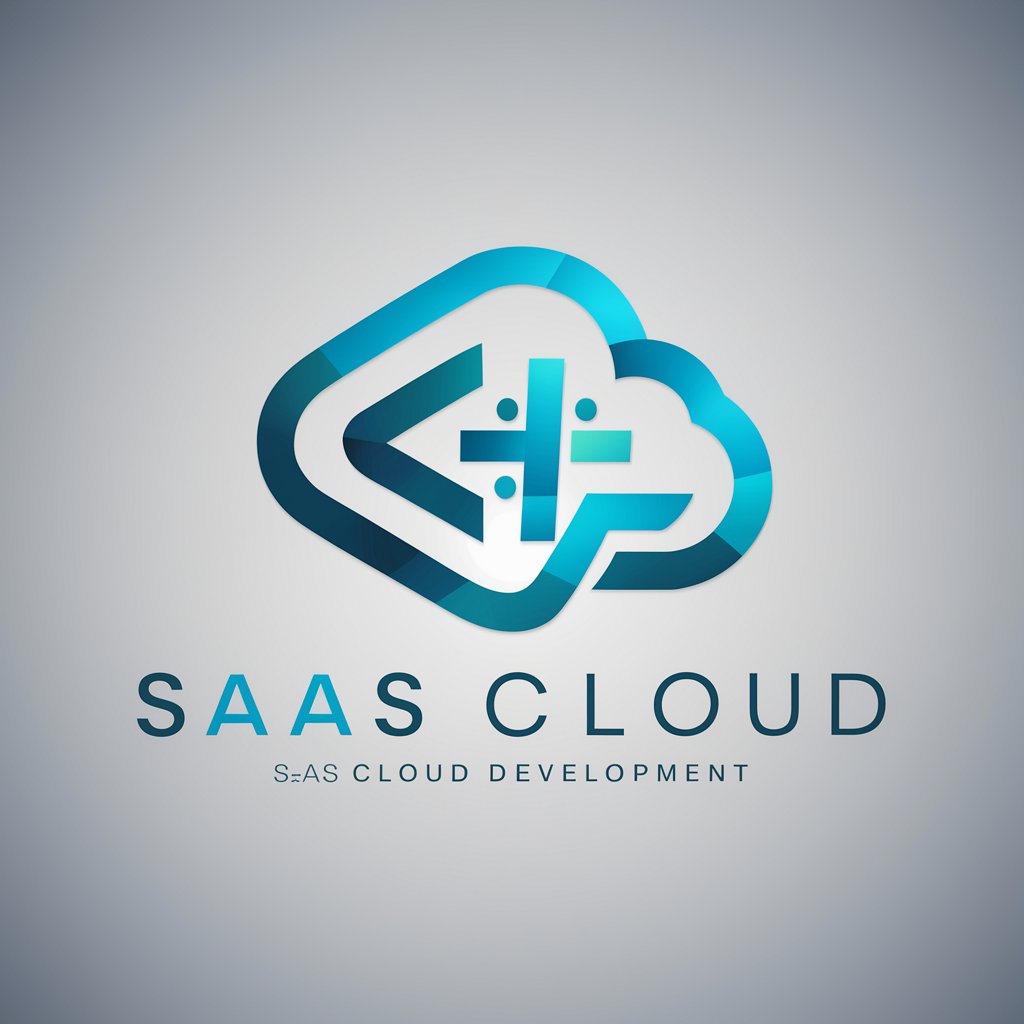
Docker and Docker Swarm Assistant
Simplify container orchestration with AI.

Unique Traits and Functions
These AI GPTs stand out for their adaptability across various stages of the Continuous Deployment pipeline. From automating code reviews to optimizing deployment schedules, they offer tailored solutions for each step. Special features include natural language processing for understanding deployment scripts, machine learning for predicting deployment outcomes, and integration capabilities with popular DevOps tools. Additionally, they can provide technical support, perform web searches for troubleshooting, generate documentation, and even create visual representations of deployment flows.
Who Benefits from AI GPTs in Deployment
The primary beneficiaries include developers, DevOps professionals, and IT managers looking to streamline their deployment processes. Novices will find these tools accessible due to intuitive interfaces and guidance features, while experts can leverage advanced customization options to fine-tune deployments according to specific requirements. This dual approach ensures that anyone involved in software development, regardless of coding proficiency, can achieve efficient and error-free Continuous Deployment.
Try Our other AI GPTs tools for Free
System Security
Discover how AI GPTs revolutionize System Security with real-time threat detection, predictive analytics, and adaptive learning for robust cybersecurity.
Compliance Support
Discover how AI GPTs for Compliance Support can transform your approach to regulatory adherence, offering tailored, efficient solutions for navigating complex compliance landscapes.
Epistemological Analysis
Explore the frontier of knowledge with AI GPTs for Epistemological Analysis. Discover how these advanced tools offer in-depth insights and tailored solutions for understanding the processes and structures of knowledge.
Design Principles
Explore AI GPTs for Design Principles: Tailored AI tools enhancing creativity, understanding, and application of design concepts. Ideal for novices and professionals.
International Tax
Explore AI GPTs for International Tax, the cutting-edge tools designed to navigate the complexities of global tax laws, offering tailored advice, compliance solutions, and strategic insights.
Tax Legislation
Discover how AI GPTs for Tax Legislation revolutionize tax management with advanced AI, offering tailored solutions for professionals and novices alike.
Expanding Horizons with AI in Deployment
Beyond automating and optimizing, AI GPTs for Continuous Deployment serve as a bridge between complex technical requirements and user-friendly solutions. They enable seamless collaboration among team members, integrate effortlessly with a variety of tools and platforms, and adapt to the ever-evolving landscape of software development. Their ability to learn from each deployment cycle and provide insights makes them an invaluable asset for continuous improvement in software delivery.
Frequently Asked Questions
What exactly are AI GPTs for Continuous Deployment?
AI GPTs for Continuous Deployment are AI-driven tools that automate and optimize the software deployment process, using natural language processing and machine learning to enhance speed, efficiency, and accuracy.
How do these tools integrate with existing DevOps pipelines?
These tools are designed for easy integration with existing Continuous Integration/Continuous Deployment (CI/CD) pipelines, offering plugins and APIs to connect with major DevOps platforms and version control systems.
Can non-technical users operate these AI GPTs effectively?
Yes, with user-friendly interfaces and guided processes, non-technical users can effectively use these tools for basic deployment tasks, while also having resources available to learn and grow.
Are there customization options for advanced users?
Absolutely, advanced users can customize AI models, define specific deployment rules, and integrate unique scripts to cater to complex deployment needs.
Do these tools support multi-language codebases?
Yes, AI GPTs for Continuous Deployment are equipped to handle and optimize deployment for codebases in multiple programming languages, ensuring wide applicability.
How do AI GPTs predict deployment outcomes?
Through machine learning algorithms trained on vast datasets of deployment scenarios, these tools can predict potential failures, performance bottlenecks, and security vulnerabilities before actual deployment.
Can these tools improve deployment speed?
By automating routine tasks and predicting potential issues, AI GPTs significantly reduce manual intervention and debugging time, thereby speeding up the deployment process.
What kind of support do AI GPTs offer for troubleshooting?
These tools offer comprehensive support by analyzing logs, performing web searches for similar issues, and suggesting fixes or optimizations based on best practices and historical data.